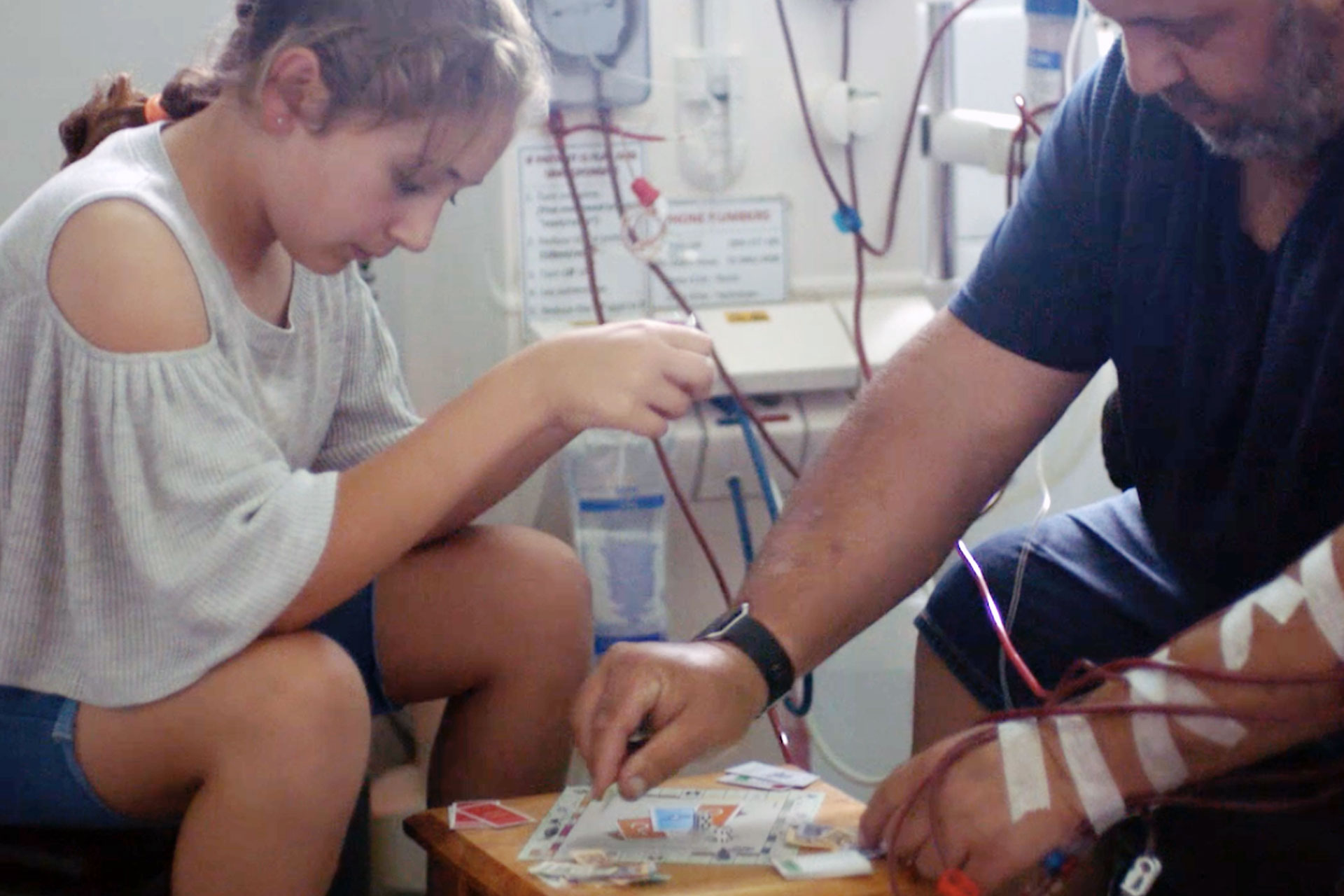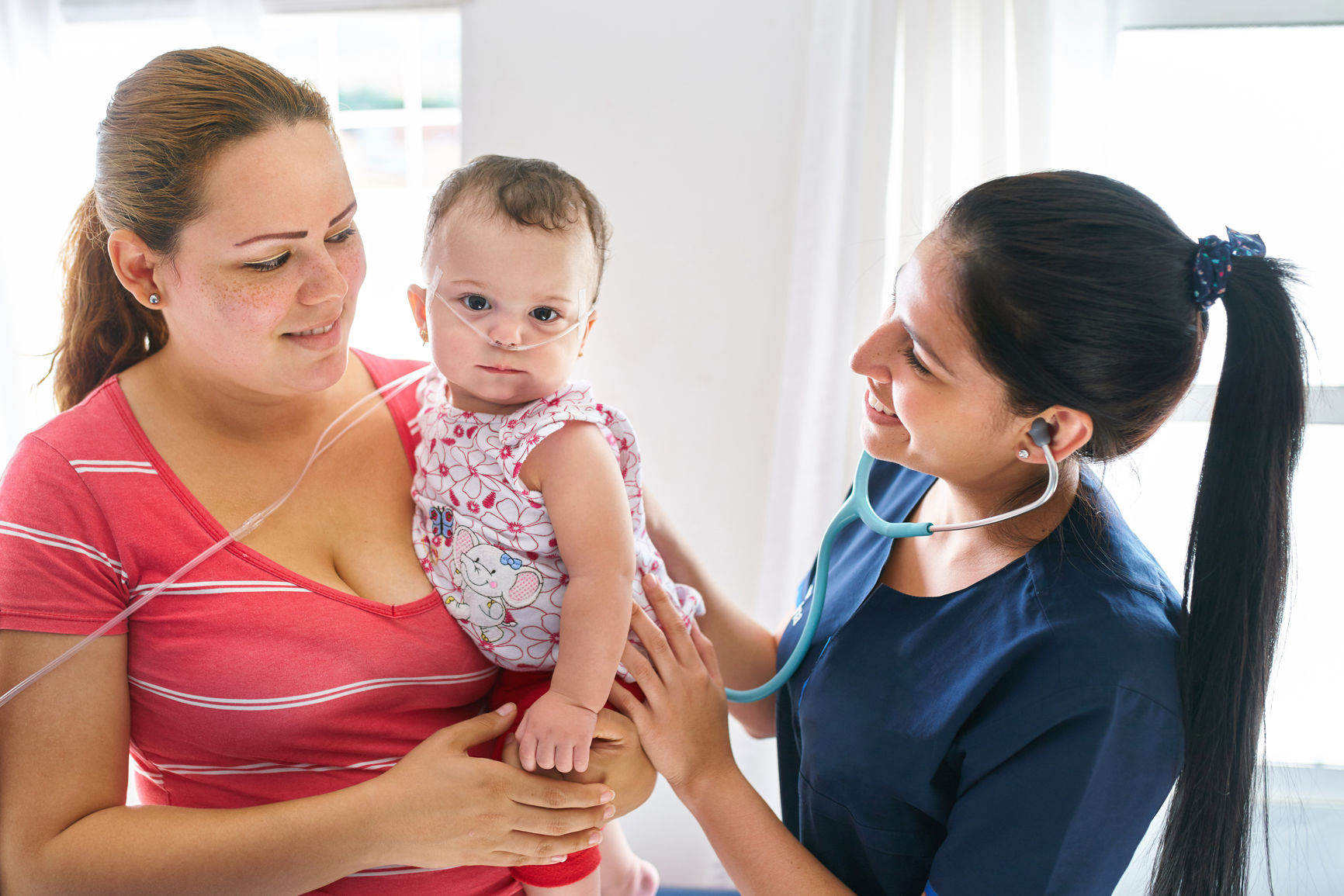-
Preparing for pregnancy can be exciting. However, it can also be a challenging time if you’ve been trying to fall pregnant for some time and you’re still not pregnant.
If fertility issues are preventing you from starting or growing your family there can be many factors at play, and your weight could be one of them.
How weight can impact fertility
A recent survey found that nearly two-thirds (63%) of Australian adults were overweight or obese. While excess weight can cause a wide range of health problems, it can also impact fertility.
Being outside the healthy weight range can trigger hormonal imbalances and problems ovulating, which can stop the body releasing eggs to be fertilised. Obesity has also been linked to polycystic ovary syndrome (PCOS) which is also known to impact a woman's fertility.
MORE: What is polycystic ovary syndrome?
A number of studies have demonstrated the link between weight and fertility, with some research suggesting the risk of infertility can be three times higher in obese women. One study also suggests that increased fat around the waistline, in particular, could decrease the likelihood of conceiving. For women undergoing assisted conception treatments such as IVF, research shows that obesity reduces pregnancy rates, live birth rates and increases miscarriage rates.
What about men’s health?
As we know, it takes two to tango - so it’s not just women who need to be aware of the risks.
Hormonal issues and other health conditions related to excess weight can also reduce a man’s fertility. Reaching a healthy weight at least three months before conception can help develop healthier sperm and improve the chances of conception.
MORE: 5 factors that can affect male fertility
What’s a healthy pregnancy weight?
Maintaining a healthy weight not only improves your chances of conceiving a child, but also having a smooth pregnancy that is free of complications. Research suggests that these risks are amplified with increasing degrees of increasing obesity during pregnancy, with the child also at increased risk of child and adult obesity.
The ideal weight for conception will vary from person to person. As a start, a simple body mass index score can help you assess if you are in the healthy range of 18.5-24.9 on the BMI scale. Your doctor can advise if you need to lose weight and help with a pregnancy diet and exercise action plan if you do.
MORE: Healthy weight gain during pregnancy
Developing healthy habits
Getting healthy and shedding excess weight - if you aren’t in the healthy weight range - can improve your wellbeing in many ways, well beyond fertility. For those living with obesity, even a small amount of weight loss can improve your chances of conceiving. Read on for some healthy habits to get you started.
- Start with a plan: Set small but achievable goals, like a 30-minute walk a few times a week or cutting out takeaway foods on weekdays. Be realistic and add more goals over time.
- Make time to move: Exercise doesn't have to be strenuous, so look for ways to work more activity into your day. Take the stairs instead of the lift, get off public transport one stop earlier and walk, or turn a regular lunch catch-up into a lunchtime walk.
- Couple up: Encourage your partner to join you in developing healthy habits. Keep each other motivated with ideas for changing up your diet and exercise routine, and celebrate any wins along the way.
- Choose to swap: Swap sugary drinks for water, swap screen time for fresh air and swap pre-packaged junk food snacks for fresh fruit or nuts. When you’re dining out, swap fried foods for grilled or baked options.
- Lose the booze: Alcohol consumption can have a number of adverse health effects, including weight gain. For women planning a pregnancy, not drinking is the safest option, and it’s good preparation for an alcohol-free pregnancy.
Diet and lifestyle changes can help you get to a healthier weight and give you the best chance of a successful pregnancy. Get a head start by making positive changes before trying for a baby, and maintain your good habits during your pregnancy.
How excess weight may impact your fertility

-
Innovating for members living with chronic disease
Medibank is supporting our members living with chronic diseases such as heart disease, arthritis, and diabetes, through our CareComplete programs.
-
Medibank’s palliative care at home trial
Giving our customers choice in where they would like to receive their end-of-life care can provide dignity, privacy and help them retain control over the care they receive.
-
How your phone habits affect your sleep
And what it means for your mental health, hormones and more.
-
Medibank trialling haemodialysis at home
Giving members with chronic kidney disease more choice
-
The origins of western and eastern medicine
Two schools of thought explained
-
Almost half of hospital patients are looking for more support
Find out how Medibank is helping.
Subscribe to receive the best from Live Better every week. Healthy recipes, exercise tips and activities, offers and promotions – everything to help you eat, move and feel better.
By clicking sign up I understand and agree to Medibank's privacy policy






